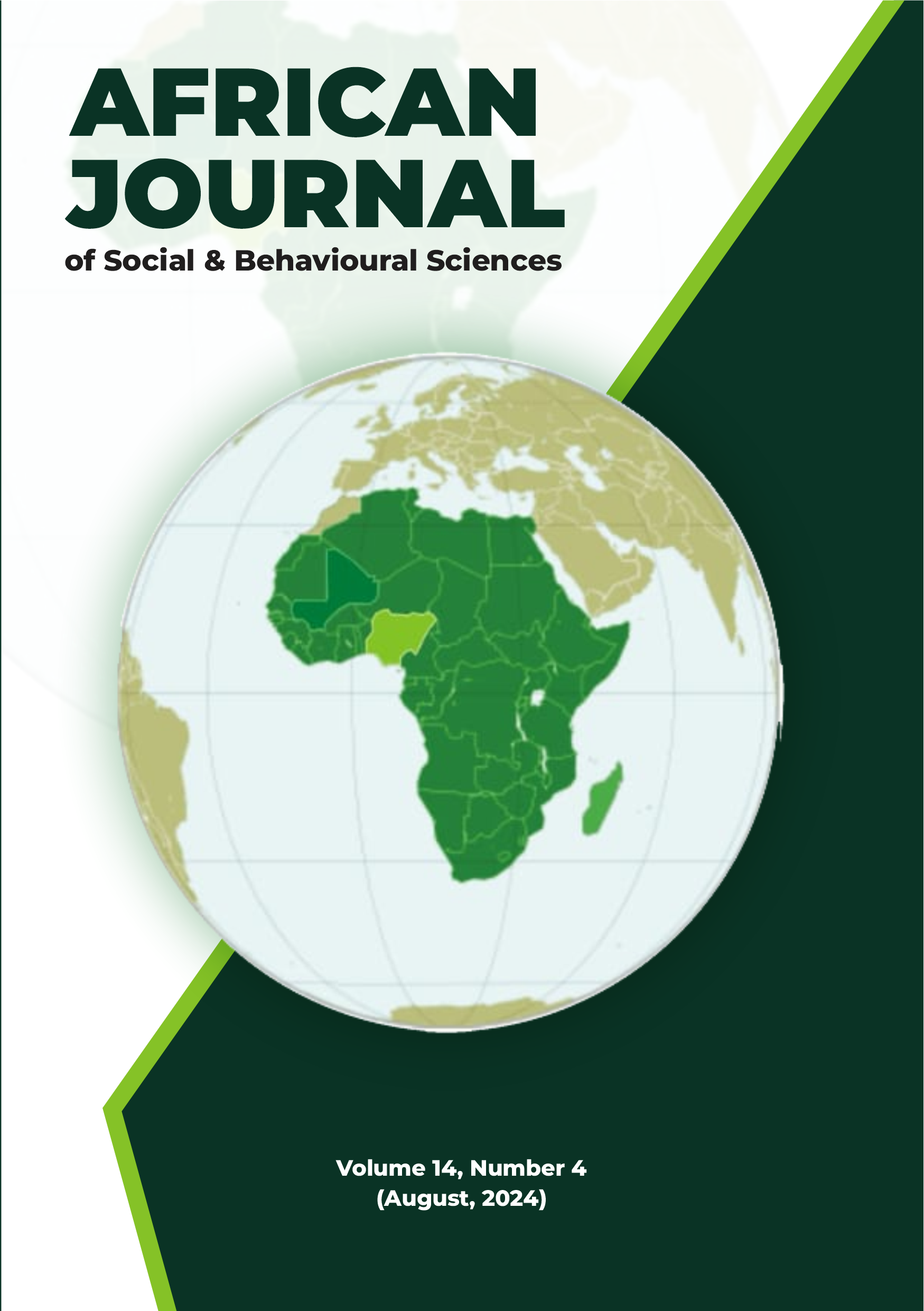PUBLIC DEBT AND MONETARY STABILITY IN NIGERIA
Keywords:
Public Debt, Monetary Stability, Debt Sustainability, Economic Diversification, Fiscal DisciplineAbstract
This study examines the relationship between public debt and monetary stability in Nigeria, highlighting the challenges and policy responses needed for sustainable economic growth. Nigeria's high public debt, driven by persistent fiscal deficits, volatile oil prices, and extensive borrowing, has raised concerns about fiscal sustainability and its implications for monetary stability. The research reveals that high public debt influences interest rates and exchange rate volatility, with the "crowding out" effect and risks associated with debt servicing costs. The central bank faces challenges in balancing interest rate policies to control inflation while supporting economic growth. The study also highlights the impact of external factors such as global financial conditions and oil price fluctuations on Nigeria's economic stability. Key findings reveal that high levels of public debt strain fiscal resources, exacerbate inflationary pressures, and increase exchange rate volatility. The study recommended the need to enhance budgetary controls, boost tax administration, accelerate economic diversification, and invest in infrastructure and human capital.


